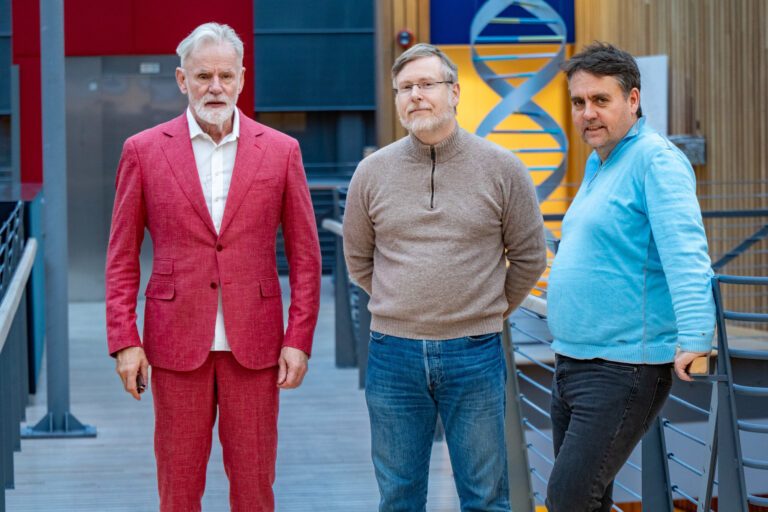Scientists at deCODE genetics, part of Amgen, have unveiled a groundbreaking map detailing how human DNA is mixed and passed down through generations. Published in Nature, the study marks a significant advance in understanding genetic diversity and its effects on health, fertility, and evolution.
The new map is the first to account for smaller-scale DNA reshuffling, known as non-crossover recombination, which has been difficult to detect due to the high similarity between DNA sequences. This research also identifies regions of the genome that resist major reshuffling, likely safeguarding critical genetic functions and preventing chromosomal abnormalities.
These findings shed light on why some pregnancies fail and provide new insights into the delicate balance between genetic diversity and stability.
Recombination and Fertility
Recombination, the natural process of DNA shuffling during reproduction, is vital for genetic diversity. However, errors in this process can lead to reproductive issues, such as miscarriages or chromosomal disorders, which affect around 10% of couples globally. By mapping this process in unprecedented detail, scientists aim to improve fertility treatments and the diagnosis of pregnancy complications.
The study highlights significant differences between men and women in how and where recombination occurs. Women exhibit fewer non-crossover recombinations than men, but the frequency of these events increases with maternal age. This may explain why older mothers face higher risks of complications and chromosomal abnormalities in their children.
In contrast, men do not experience the same age-related changes, although recombination in both sexes can result in genetic mutations passed to offspring.
Balancing Diversity and Stability
The research provides new insights into how the genome balances the need for genetic diversity with the risks of instability. Some regions of DNA are protected from reshuffling to ensure essential genetic functions remain intact and to reduce the likelihood of chromosomal errors.
Lead scientists emphasise that the findings could lead to a deeper understanding of the causes of infertility and miscarriages, offering potential new avenues for intervention.
Evolution and Genetic Diversity
The study also offers valuable clues about human evolution and the genetic factors shaping individual differences. Recombination, along with de novo mutations—new DNA changes present in a child but absent in their parents—underpins all human genetic diversity. The research shows that mutations are more frequent near regions of DNA mixing, revealing a strong link between the two processes.
“This map represents a major milestone in our 25-year journey to understand how genetic diversity arises in the human genome,” said a spokesperson for deCODE genetics. “By improving our knowledge of recombination, we are also gaining insights into human health, fertility, and evolution.”
The study’s findings not only contribute to the understanding of genetic diversity but also pave the way for potential advancements in reproductive medicine and genetic research.



